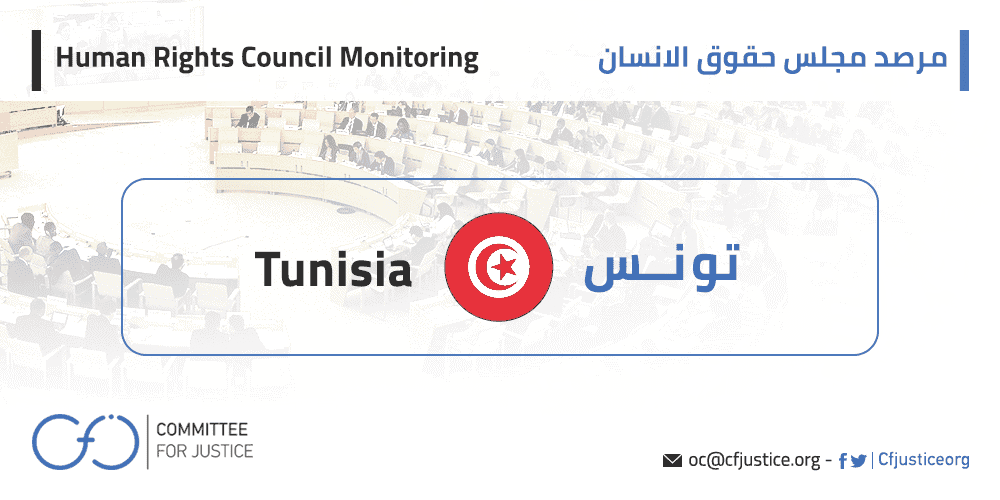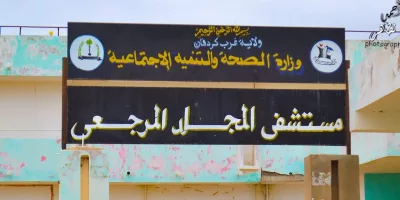News briefing
Translated and edited by: Committee for Justice
Geneva: January 11, 2022
The Ssokesperson for the United Nations High Commissioner for Human Rights, Liz Throssell, emphasized that developments in Tunisia over the past month have deepened their already serious concerns about the deteriorating human rights situation there.
The spokesperson added in a media statement published by the Media Center of the Human Rights Council in Geneva, that on the morning of December 31, men in civilian clothes arrested Noureddine Bhiri, an Ennahda MP and former Tunisian Minister of Justice, in a car outside his house, without an arrest warrant and without an explanation provided, he was taken to a number of undisclosed places of detention, and his family and lawyer did not know his whereabouts for several hours.
Throssell added that Bhiri was placed under house arrest, and then, given the pre-existing health conditions, was transferred to the hospital on January 2, where he remained under guard. He was charged with terrorism-related charges, and so far, his lawyer has not been officially notified of any charges against him.
The UN spokesperson indicated that another man was taken and detained on the same day in similar circumstances, and his whereabouts were not known until January 4.
“Although the men’s families and the UN Human Rights Office in Tunisia have since been able to visit them, these two incidents echo practices not seen since the Ben Ali era and raise serious questions regarding abduction, enforced disappearance and arbitrary detention,” Throssell said.
Throssell urged the Tunisian authorities to immediately release these two men or charge them as appropriate in accordance with due process standards in criminal proceedings, noting that the actions of the Tunisian internal security forces have always been a source of concern.
Throssell noted that after the violent dispersal of demonstrators on September 1, Tunisian President Kais Saied called for the internal security forces to change their practices and work in accordance with the law to protect citizens and respect their rights and freedoms, as a positive step. However, the authorities’ public commitments to Tunisia’s international human rights obligations remain to be translated into reality.
Thorsell expressed concern about the suppression of dissent in Tunisia, through the inappropriate use of anti-terror legislation, and the increasing use of military courts to try civilians, which raises serious concerns about the fair, impartial and independent administration of justice.
At the conclusion of her briefing, the UN spokesperson stressed that the Tunisian authorities should continue their dialogue with the UN Human Rights Office and other UN human rights mechanisms to ensure that much-needed security and justice sector reforms are fully consistent with Tunisia’s international human rights obligations.






